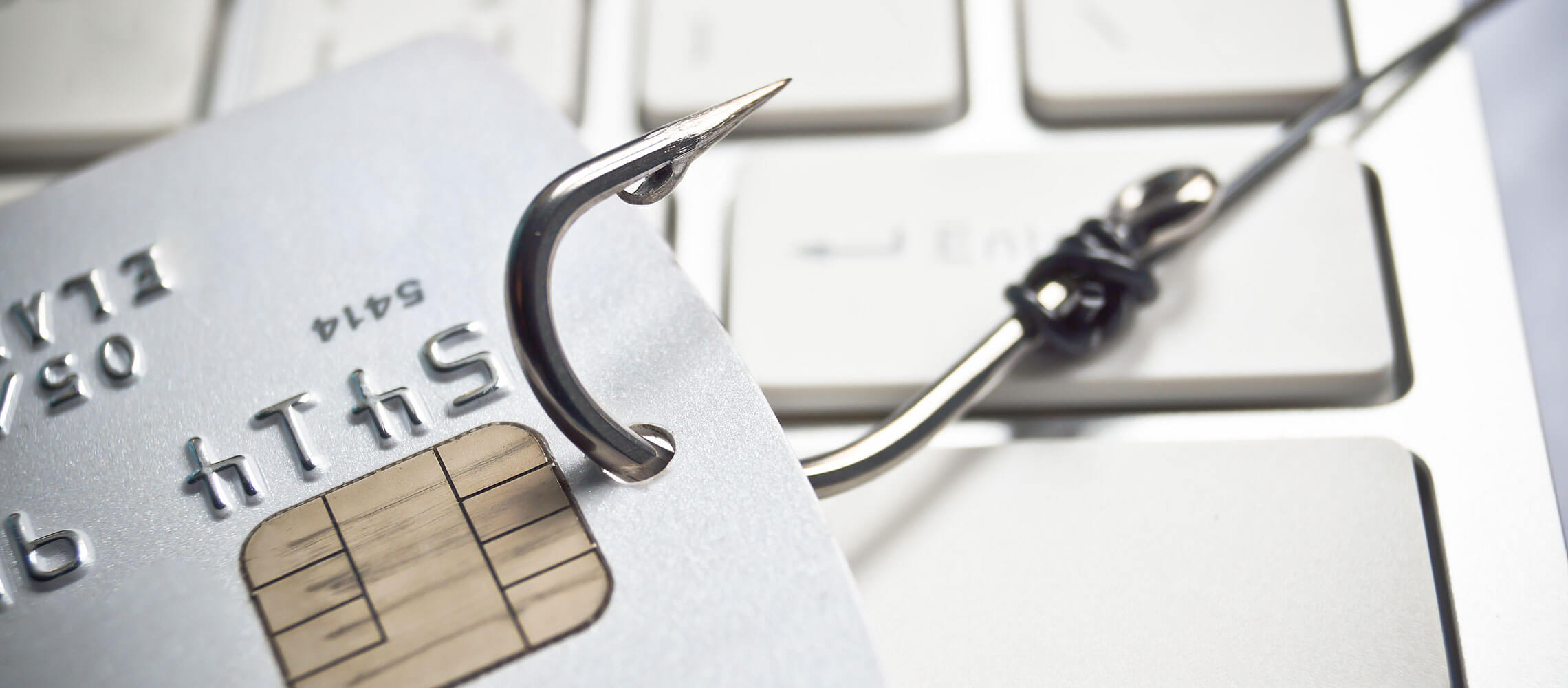3 Tips for Avoiding Advance Fee Scams
Reading time: 3 Minutes
August 10th, 2020
In today's online, connected world, scams and fraud have become increasingly common, as tricksters take advantage of the anonymity and speed of the web, email and social media.
One popular way of stealing money is the advance fee scam. If you're not familiar with this term, an advance fee scam is when a scammer asks a victim to pay money in advance, for a service, good, or even employment, and then disappears without delivering on the promise.
You've probably seen news reports about this kind of fraud, under different names, because advance fee scams can take many forms. Here are a few examples:
- Fake Job Opportunities – Scammers will offer up a lucrative job that requires you to pay up front for training, a license or other costs before you can start making money. The promised job never materializes.
- Official Impersonation Scams – Scammers often pretend to be IRS or law enforcement agents, claiming that you're in trouble and need to pay back taxes or other fines in order to avoid being prosecuted or thrown in jail.
- Online Dating Scams – This is often called catfishing, where a scammer pretends to be someone else and builds up an online relationship with the victim to build trust before asking for money to come visit. Of course they never show up.
- Rental Fraud – This scam tricks potential renters into paying an application fee or security deposit up front for a rental that either doesn't exist, or does not actually belong to the scammer.
Because there are so many variations, it can be tricky to recognize an advance fee scam in the moment. The best defense is to learn some of the most common characteristics, so that you'll be able to recognize warning signs if you see them.
Here are a few ways that you can recognize an advance fee scam, and avoid it.
1. Be skeptical of unsolicited money-making offers
One of the first warning signs to look out for is someone approaching you from out of the blue, usually online, through email or social media, or even over the phone, with an opportunity to make money. They'll pitch you with an offer that may sound really good, but then it'll turn out that you have to spend a little (or a lot!) of your own money first, to get access to the larger payout.
It's smart to be skeptical: Easy money, especially online, is usually too good to be true. And advance-fee scammers will also often try to fill you with a sense of urgency, to pressure you into action. They'll say they're offering the job to others and it's first come, first serve. Your account has been hacked, they'll claim, or that you're under investigation, or the prize money will expire by the end of the day. Whatever the tactic, if you ever get the sense that someone is trying to rush you, it's a good idea to take a step back and take the time to investigate.
2. Watch for risky payment types
If someone pitches you a way to make money that involves wire transfers, money orders or store gift cards, it's a red flag. These kinds of payments are popular with scammers because they're irreversible, meaning once you pay out money, you won't be able to recover it when you realize your mistake. Wire transfers, money orders and gift cards are also largely anonymous—it's difficult or impossible to track where exactly money sent in these ways goes.
It's still possible to be scammed with other kinds of payments, but credit cards and debit cards typically come with additional buyer protections that may help you recover your money, or at least limit the amount you're liable for.
3. Avoid schemes that involve depositing and transferring money
Does someone want to deposit money into your account, and have you transfer it somewhere else? This is a classic money mule scheme—beware. In many cases, this scam will be presented as a job offer, and the position will involve depositing payments received from "customers" into your account and sending the rest to some other business bank account, taking a percentage as your commission. This can be considered money laundering, and, even if you do end up making money from this, it may be illegal and you could be prosecuted and jailed, and your assets frozen.
Another way this scam works is that someone will send you a check, either as a “prize" or to buy something you're selling. The scammer will tell you that fees need to be paid, or that they sent you too much and you have to return some portion of the funds. You pay out money, and then, several days later, your bank discovers the check is fraudulent, and reverses the deposit from your account.
Remember: Be wary of unexpected money-making offers, do your own independent research, and don't be rushed into anything. To learn more, visit our site for helpful information on fraud protection and online security.
You're about to exit BOH.com
Links to other sites are provided as a service to you by Bank of Hawaii. These other sites are neither owned nor maintained by Bank of Hawaii. Bank of Hawaii shall not be responsible for the content and/or accuracy of any information contained in these other sites or for the personal or credit card information you provide to these sites.





